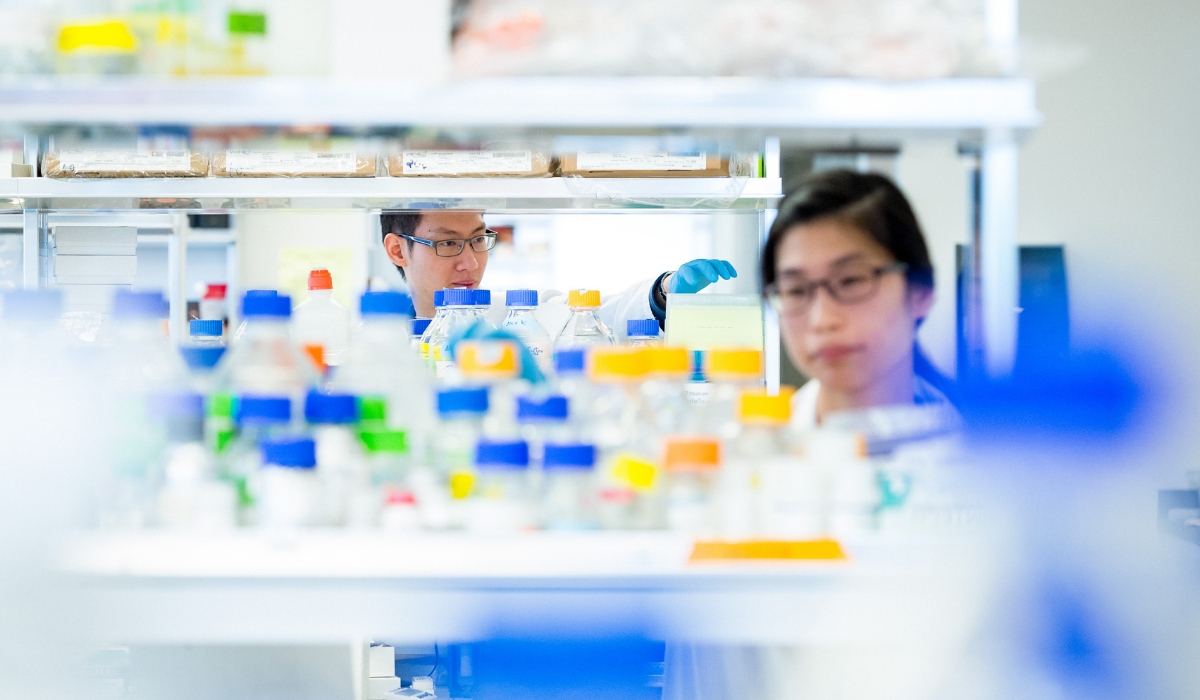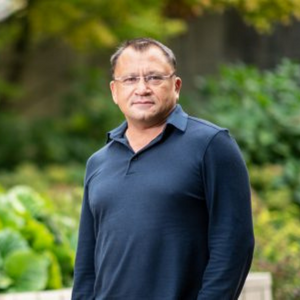
UBC researchers at the Vancouver Prostate Centre (VPC) have engineered the fastest, AI-enabled technology of its kind to identify novel medications for the SARS-CoV-2 virus.
In a new study published in Chemical Science, the team explains how they were able to supercharge the computational screening for potential antiviral compounds more than 100-fold, opening the door to the rapid development of medications to treat infected individuals.
“While there are several vaccines on the market, there is currently no medication to treat COVID-19. Our Deep Docking technology enables easier and faster identification of prospective COVID-19 medications at the molecular level,” says lead investigator, Dr. Artem Cherkasov, a professor in UBC’s department of urologic sciences and senior research scientist at the VPC.

Dr. Artem Cherkasov
“Only when both the vaccine and a medication are available can we most efficiently manage COVID-19. Right now we are working with one arm, and we need two,” says Dr. Cherkasov.
Deep Docking is a computer-aided drug discovery protocol. Designed by Dr. Cherkasov, this AI-enabled approach can screen hundreds of billions of molecular structures to see how they fit into the viral target protein—an approach also known as molecular docking. Dr. Cherkasov’s latest research demonstrates how they were to perform molecular docking at a speed never before achieved.
“It took us 19 days to complete the Deep Docking of 40 billion compounds. This formerly would have taken 10 years with the fastest available technology,” says Dr. Cherkasov.
The study team used Deep Docking to target SARS-CoV-2’s main protease (Mpro)—an enzyme that is important for its viral replication. They then docked over 40 billion virtual small molecules into the Mpro, funneling down to a handful that were able to effectively inhibit enzymatic Mpro’s activity. Five docking programs were employed as cross-references.
“Mpro can be thought of as a lock. The small molecules we screened are keys we tested in the lock to identify which ones could open Mpro and disable it,” explains Dr. Larry Goldenberg, a professor in UBC’s department of urologic sciences and director of development and supportive care at the VPC.
“This is a great example of how the research team was able to turn on a dime when COVID-19 hit, and pivot our expertise in cancer drug design to COVID-19 drug design,” says Dr. Goldenberg.
“Our Deep Docking technology enables easier and faster identification of prospective COVID-19 medications.”
Dr. Artem Cherkasov
If a medication for COVID-19 was discovered, it could be used to help infected individuals recover faster, cutting down on hospital admissions and improving patient outcomes, says Dr. Cherkasov, who has been investigating the application of AI in drug discovery since the early 2000s. He adds that it could also be used as a prophylactic to prevent infection with the virus, which has already claimed the lives of over five million people globally.
All the data collected by the team will be publicly accessible through Github and the Democratizing Drug Discovery with Deep Docking (D5) platform being developed by Dr. Cherkasov, which “will give scientists from around the world rapid access to billions of molecules that they can use for their research.”
“We are doing this because we want everyone to have access to this information, to save the world in a way,” says Dr. Cherkasov.
The Vancouver Prostate Centre (VPC) is a research hub hosted by UBC and the Vancouver Coastal Health Research Institute. This research was supported by Telus, the 625 Powell Street Foundation, Teck Resources Ltd., NVIDIA, Dell Technologies HPC and AI Innovation Lab, R & J Stern Family Foundation, VGH & UBC Hospital Foundation and several private donors.
This story was originally published on the Vancouver Coastal Health Research Institute website.